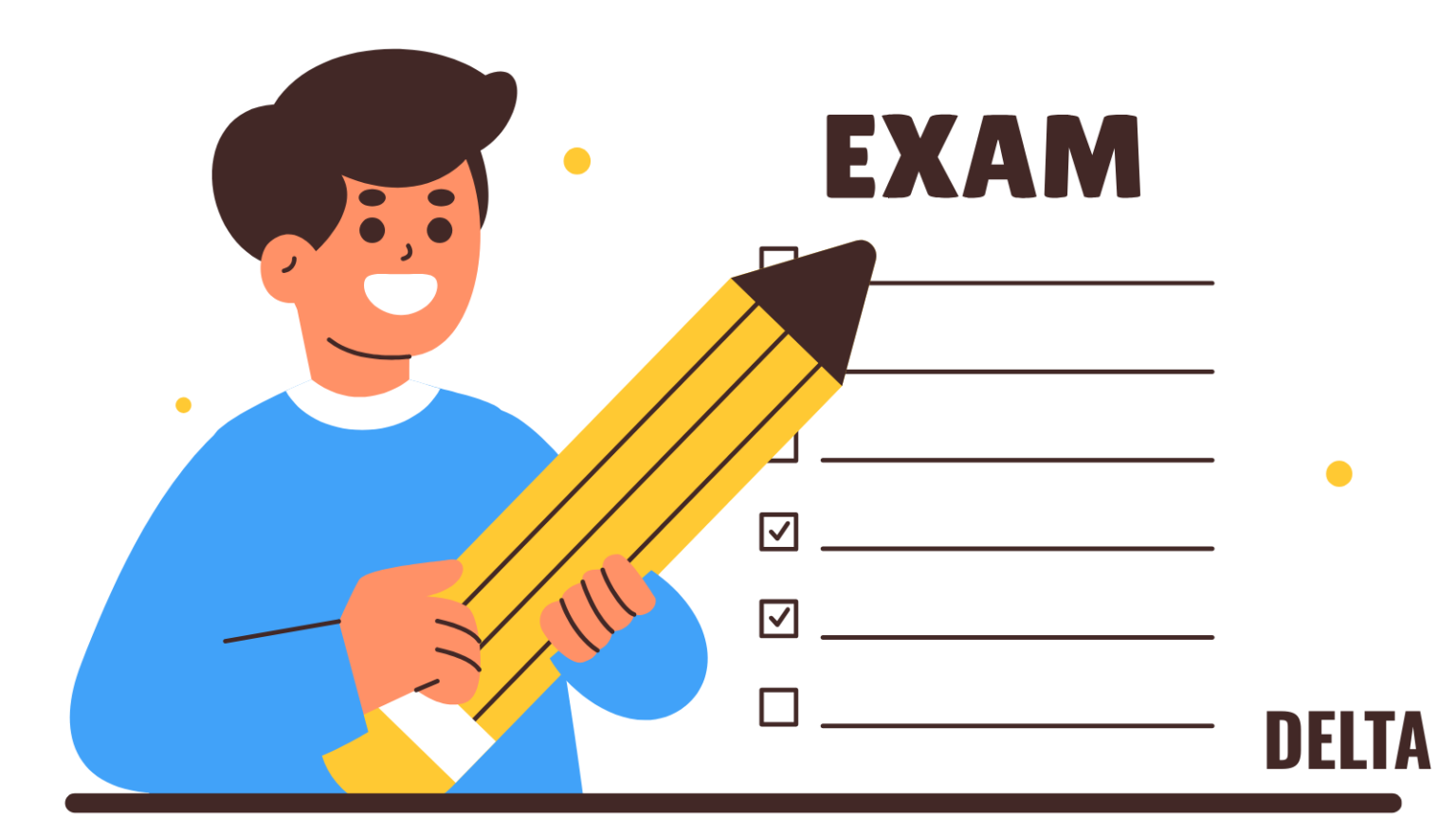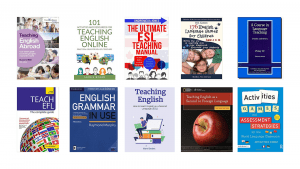DELTA Module 1: a Survival Guide
The Diploma in English Language Teaching for Adults (DELTA) is certainly worth the investment (part 1 of 3 modules as a course is £800 approx). There comes a time when experienced teachers will most probably seek a new challenge of sorts or perhaps it’s just an excuse to go back to studying and refresh the old skill set. If this fits your situation, then perhaps DELTA is just the right course for you; hmm this almost sounds like a sales pitch.
In my case, I signed up for Distance DELTA, which is co-run by the British Council and International House in London. It is worth pointing out that there are different options available to you including blended courses and even the exam on its own, and, with some organisations, face-to-face elements are also possible.
After registration
After registration is out of the way, you will receive a whole wealth of information on methodology, language systems and plenty of terminology to get your teeth into. Should you choose to accept, the mission consists of eight units. As this is a post-graduate level challenge, you will have to have self-motivation in spades, rely on discipline like your life depends on it and laugh in the face of trepidation; in other words, module 1 is not for the faint-hearted. To your advantage, you do have your own tutor, who will give you useful feedback on exam practice tasks when you need it.
Reflections on My Experience of the CELTA Course
Recommended reading
Each unit has its own recommended reading and further reading suggestions. Most importantly, exam training and exam practice should take centre stage. Furthermore, 9-10 hours is the amount of time that one should spend studying each week for three months. The written exam is run by Cambridge Language Assessment as with CELTA (Cambridge English Language Teaching for Adults), and it is worth mentioning that it is up to you to find the nearest exam centre to you. Apparently, you can receive help with this if necessary. Once you have a centre which is willing to host your exam and notified the place where you signed up to do your DELTA then the exam will be booked, and it’s up to you to pay any excess fees (I paid €120 Euros); then Bob’s your uncle.
TEFL Books for Teachers – A Starter Library
The revision stage
All things considered, it’s the revision stage that really needs careful consideration. Cambridge supplies a few past papers and previous exam reports, so you’ll analyse ‘til the cow’s come home, and then go over mistakes you’ve made with a fine-tooth comb, while your tutor’s comments will give you plenty of food for thought. Quizlets are a novel invention; now that computers are invaluable to our lives, it’s refreshing to find a resource that can be used solely for educational purposes. You can use them to ‘make’ flashcards, to listen to terms, do tests, and much more. If revision cards aren’t your thing, then give these a try.
Research possibilities
There are all kinds of research possibilities open to you; for genre (paper 1 task 5) there’s Scott Thornbury’s Beyond the Sentence (Macmillan, 2005), for paper 2 task 3 there’s Techniques and Principles in Language Teaching by Diane Laarsen-Freeman (OUP, 1986), for paper 2 task 2c you can check Teacher’s books in the introduction section for assumptions, i.e. Face 2 Face. The best book for practice grammar activities at an appropriate level of difficulty is generally considered to be Thornbury’s About Language (CUP, 1997).
The last of which should be done only if needs must. A few tips that will hold you in good stead are: see which tasks are worth the most points and attempt these first; you are perfectly within your rights to use this strategy in the exam. It is good to focus on your weaknesses and try and be pro-active and eliminate imperfections wherever possible, use your time wisely, so don’t do extra background reading unless you’ve finished all your exam training and practice and have the spare time, and lastly, follow-up on advice from your tutor on what to read, what to avoid doing and so on.
Top 10 Books for New ELT Teachers
Paper 2 task 3
Although paper 2 task 3 is a valuable part of the exam, you mustn’t focus on the less important details; you should not get too embroiled in various theories or naming theorists, i.e. Chomsky’s Universal Grammar. After all, most marks are given for the rationale. In Chomsky’s case, he believes language is innate and therefore becoming familiar with grammar is a natural process. We adapt to suit the environment and, as part of developing our language skills, we pick up more and more complex structures. By the way, we were reassured to learn that DELTA examiners mark positively and will give you the benefit of the doubt within reason.
DELTA and beyond
DELTA does help teachers with professional development. In some countries, it is a bigger deal than in others. In the Netherlands, where I live, there are not very many English teachers who possess the qualification. It is true that the difficulty level is very high, but also, it is worth pointing out that most employers do not expect it or pay for staff to do the course; there are exceptions of course. In other countries, it is not unheard of for DELTA teachers to get a higher rate of pay than their CELTA counterparts.
After teaching for 8 years, I chose to take the plunge mainly for a personal challenge, and to learn more about methodology and teaching (and all that it encompasses). It certainly does not hurt to have a DELTA and it can pave the way for more responsibility. Possible opportunities that could arise either directly or after further steps for somebody who obtained the diploma could be: becoming a Teacher Trainer, Director of Study, Assistant Director of Study, being approached to create tests, create syllabi or write text books. The teacher will most certainly be empowered and will benefit from the experience; having a far greater canvas to work from.
Did you do DELTA module 1? Have you any tips to share with our readers?







